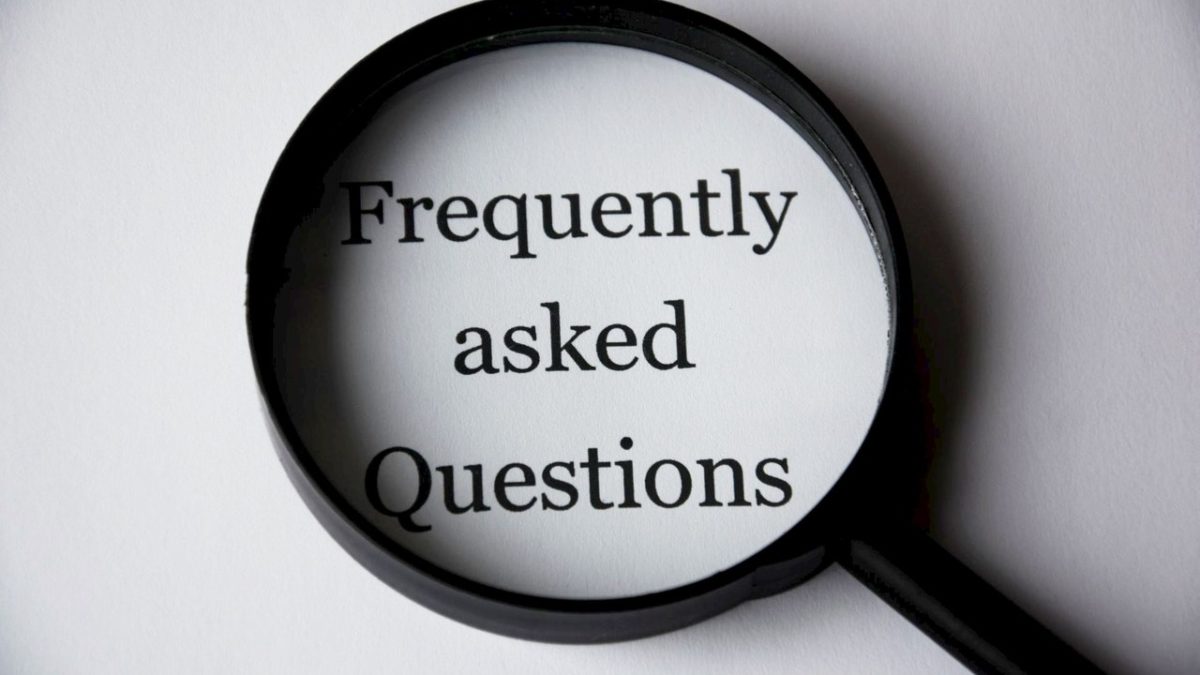- EXPERIENCED LAW FIRM IN TOLEDO, OH
- (419) 662-3100
Frequently Asked Questions (And Answers) About Wills & Trusts

What Are The Duties of a Will Executor?
January 15, 2021
Breach of Fiduciary Duty Examples
January 26, 2021FAQ: Wills and Trusts
No one likes the idea of planning for one’s passing, but it does provide absolute peace of mind knowing that you can have a say in how your assets are distributed after you’re gone and that your survivors are taken care of.
But the process of creating a will or trust can be complicated, and, understandably, you have any questions. Here are some of the more frequently asked questions regarding wills and trusts, along with the answers to get you started.
What is a will?
A will is a legal document that, upon your passing, presents your wishes concerning who receives your property, becomes the guardian of your children, and will manage your estate and distribution of assets to your beneficiaries.
Can I distribute my assets any way I want to in my will?
Absolutely. If it’s your property, you can dispose of it as you wish.
Can I change my will?
As long as you are both living and mentally competent, you can alter, revoke, or even tear up your will. You can even compose an entirely new will if that’s your wish.
What happens if someone dies without a will?
Good question. Those who pass on without a will are described as having died “intestate.” This means the state you reside in at the time of your passing will decide how your assets should be distributed. The rules can vary from state to state, but in cases where there is a surviving spouse or children:
- If you are married without children, your surviving spouse receives all of your property.
- If you are married with children, your assets are divided between your spouse and children, with some variation depending on state law.
- If you do not have a surviving spouse, your assets will be evenly distributed among your children. If any of your children should predecease you, that child’s children, should there be any, will receive their share of the estate.
What is probate?
Probate is the process in which the court validates a will. During the probate process, all interested individuals (relatives, business partners, creditors, etc.) are allowed to challenge the will before the court accepts it. Your wills should have someone named as executor. When the will is being probated, the court directs the executor to carry out the will’s terms and conditions.
Do wills have to be probated by the courts?
It’s essential to have a court accept a will as valid. This is to finalize all of the financial affairs of the one who wrote the will. Courts supervise the process to make sure everything is both fair and legal.
Is this where trusts come in?
Yes. Sometimes trusts are used to bypass or avoid the probate process. The different types of trusts and their conditions depend on the circumstances of the individual drafting the trust.
Can someone challenge a will or trust?
Wills can be contested, but they have to be submitted to a court in a probate proceeding. Individuals with a vested interest are notified of the probate proceeding, so, should they choose, they can appear in court and make a challenge. This requires them to have specific grounds to mount the challenge—merely being unhappy with the terms is not enough.
The challenger must prove the person who wrote the will was not of sound mind or was subject to undue influence, duress, or fraud, or duress to challenge a will successfully. They could also make a challenge based on claiming that the process did not follow the proper formalities. In all cases, the challenger must be prepared to provide evidence and testimony to support their claim.
Can I revise or revoke my will?
Yes. The person who drafts or directs their lawyer to write their will can change, revoke, or modify it at any time so long as they are considered medically and mentally competent.
Can I use my will to disinherit someone?
Yes, but some states have certain conditions and exceptions. For instance, if one seeks to disinherit a spouse in some states, that spouse might still be entitled to a portion of the estate.
There is sometimes a time limit involved and other administrative details that need to be handled. And a spouse’s right could be negated by prenuptial or postnuptial agreements or by having signed a waiver of spousal inheritance rights.
Do I need a lawyer to write up my will?
Your will has to meet all of the specific conditions and statutes required by the state in which the will is being probated.
Technically, you don’t need a lawyer to compose a will. That said, unless you’re knowledgeable of the statutes and conditions required and the execution formalities involved with a will, it’s better to go with a qualified attorney to handle the detailed work.
How much does it cost to write a will or a trust?
A lot depends on the will or trust’s complexity and how much time and effort the attorney has to prepare these documents. Most attorneys offer a free or low-cost consultation to discuss what is involved and how much it might cost.
What should I bring to an initial consultation?
Ideally, you should have a complete list of your assets. You should also know whether you have any active life insurance policies, annuities, 401(k)s, pension plans, or other benefits. If any of these benefits have designated beneficiaries, you’ll want to have a list of those individuals as well.
Once I have a will, where do I keep it?
In most cases, the attorney who composes the will keeps it stored safely in a fireproof safe or file cabinet. If you keep possession of the original, you should keep it in a secured location, but one that can be accessed at the time of your passing. Safety deposit boxes are not recommended.
Wherever you keep your will—even if it’s in possession of your lawyer—you’ll want to be sure your designated executor is informed of its location.
Where can I find more answers to my questions?
Wills and trusts can be complicated. Because of that, you want to take advantage of the best resources possible. You want to get in touch with the trusted experts at HML. Contact us for a free case evaluation if you need assistance in creating a will, trust, or estate plan.






